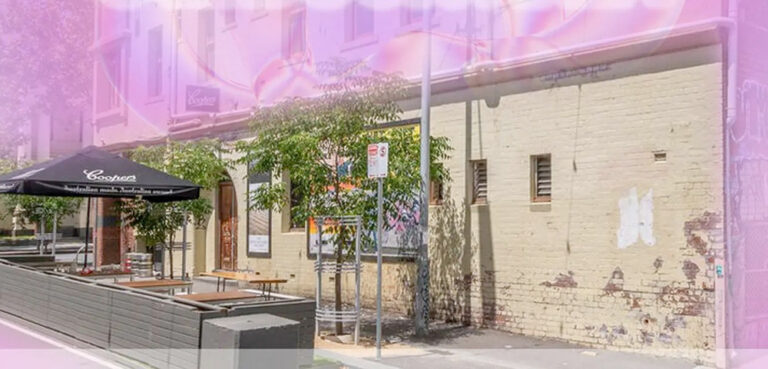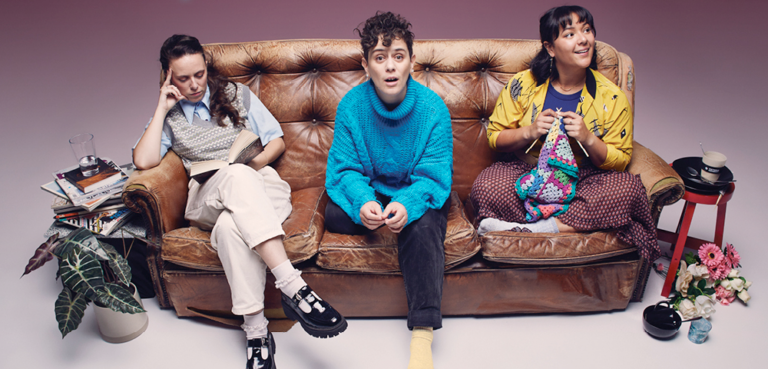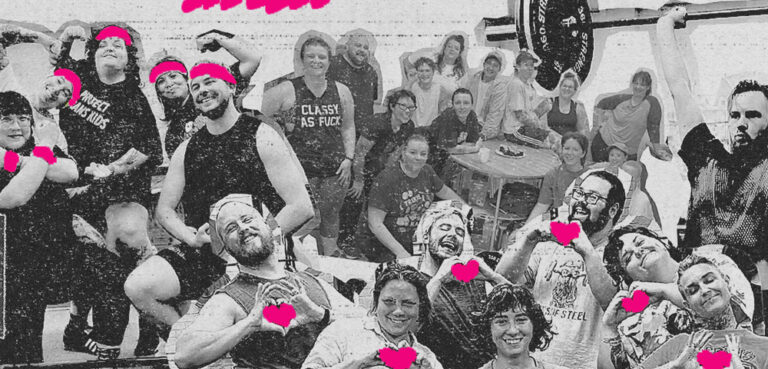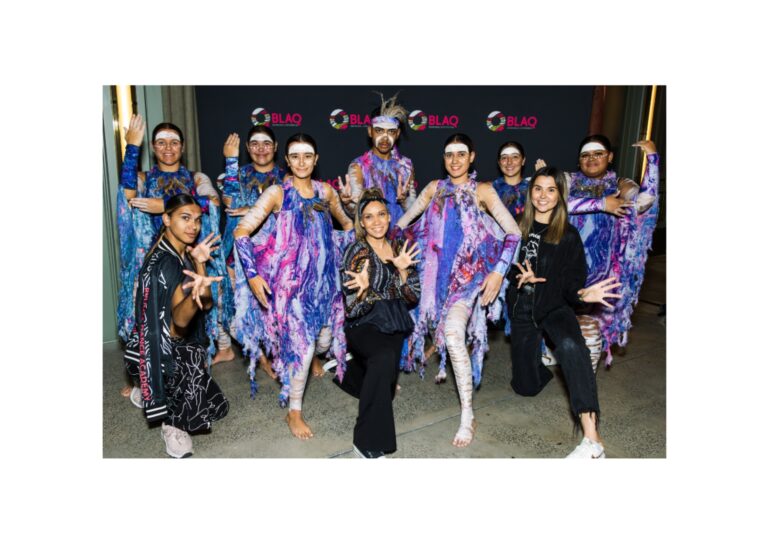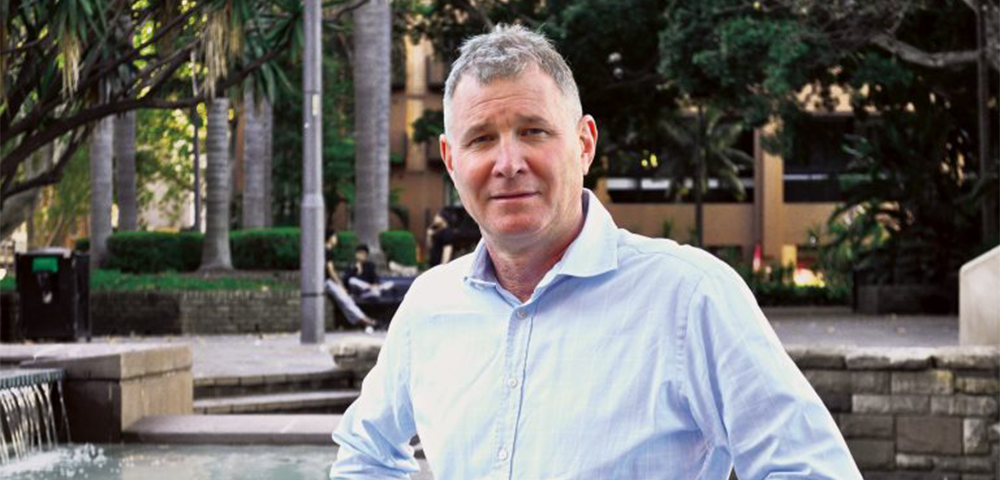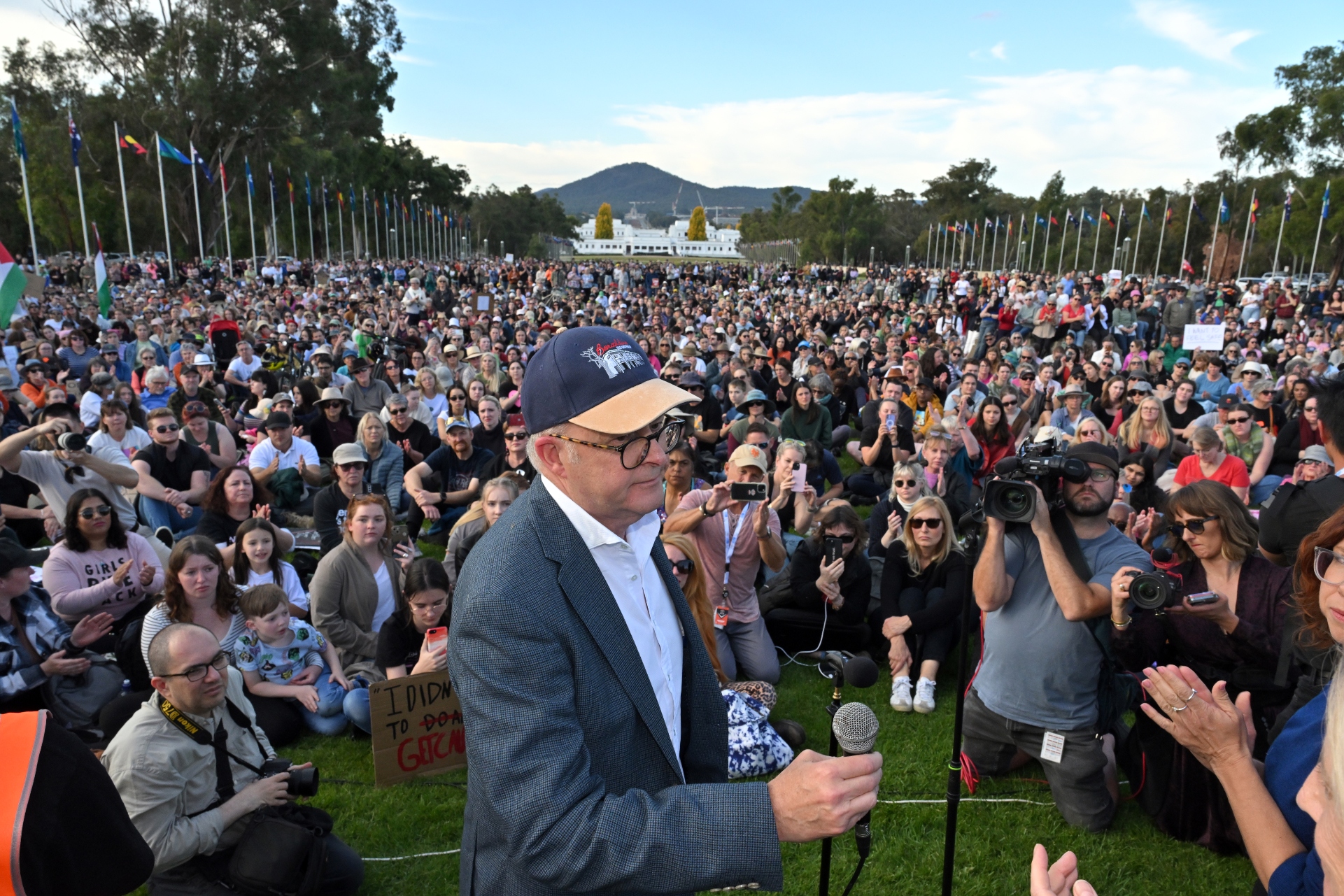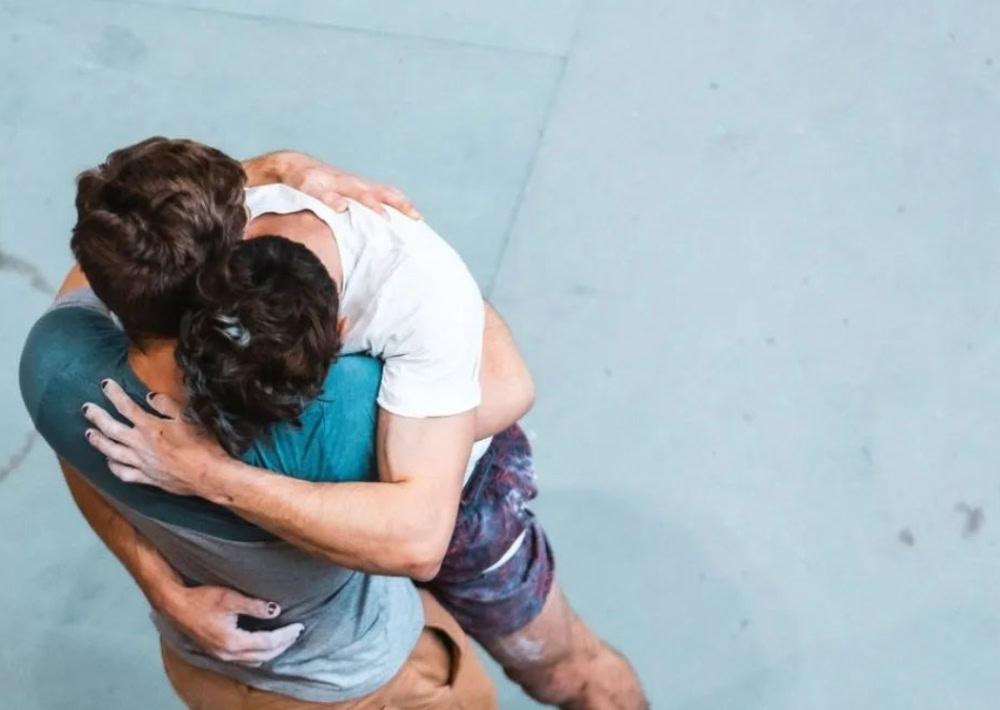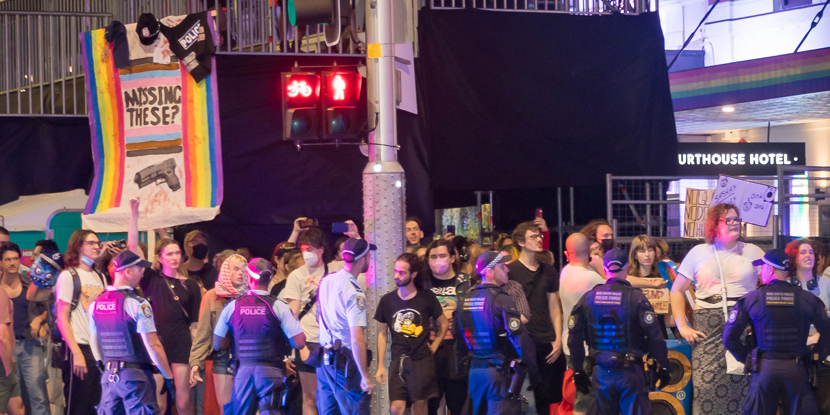
In the navy
I am not sure if I ever made a decision about wanting to join the forces, or if it was something I just saw as a way out. I grew up in a small town near Wagga Wagga, and there were army posts on both sides of town, so there was no way I would ever go to the army.
My family were farmers but, when the navy came to my school one day to give a talk, I figured it would be better than working in a newsagent and I liked the idea of the travel. So when the navy accepted my application, I was on my way.
This was back in 1990 and I was about 17, so it was very much about having new life experiences and a career path. I jumped on a train to Melbourne. I found out what you see in the movies with the army boot camps is nothing like what you really go through. It actually felt more like a school camp.
I knew I would be sent to sea at some stage, but I have always been a bit of a pen pusher and good behind a computer, so that is where they put me. It wasn’t until two-and-a-half years later that I got my first sea posting. I felt I was finally out there doing what I was paid to do. It also opened my eyes up to what is really going on in the world.
My first ship was the Darwin, and I did tours of duty to Hawaii, Fiji and New Caledonia. Then I joined the Melbourne and went back to Hawaii and Vanuatu. Canberra was my last ship and the best posting I have had. We went to China, Japan, Guam, Singapore and Malaysia.
I didn’t come out until I had been in the navy for five years. I had joined before the ban on gays and lesbians in the military was lifted in the mid-1990s, and when I was younger I was petrified of what would happen if I came out -“ there was so much fear.
But when I did, it seemed as though everyone knew before I did. I was well accepted and I have never had any harassment or problems. You are there to do a job and there is more judgment on whether you do the job well than if you happen to be gay.
My partner Chris and I have been involved for nearly six years. Chris used to be in the navy too. We were set up by some navy friends and we thank them a lot as it really has been great. He has been well received at every function we have ever turned up to together.
With the new conditions of service a few years back, defence changed the policy to include same-sex policies so that we are entitled to the same conditions as married and de facto couples in terms of housing and relocations. That has had a huge impact on a lot of gays and lesbians in the military.
A few years back, I was asked by a senior officer about a certain policy and how it discriminated against same-sex couples and how many people it affected.
So when I asked around, I had over 300 responses back and they were all in the same predicament. One of the main things was people asking where they can go for information or advice. Defence has a good support program, but having other options available to people is important.
So I became coordinator of the Defence Gay and Lesbian Information Service (DEFGLIS). I look back to when I was coming out and I didn’t know who I could talk to or what I could do.
Knowing there are options there is a safety net. For younger people coming through, to know they can chat to someone is really important. I once had an email from a young solider who was sure he was the only gay man in the army. It is a matter of letting people know there is support there.
I have already done one tour of duty in Baghdad, and I have just embarked on another. As a chief petty officer, I have never been at the pointy end of a conflict, but it is still a hostile area and there were aspects of it that were scary. I did feel I was at the forefront and seeing what was really going on.
I am proud to wear the uniform and always have been. The navy family has been pretty incredible to me. It has given me a good life, even though my birthday is on Anzac Day, which means I have never had a birthday off since joining up. But when I was younger, I never thought I would be able to live a life like this.
For more information visit the DEFGLIS website.
Interview by John Burfitt
